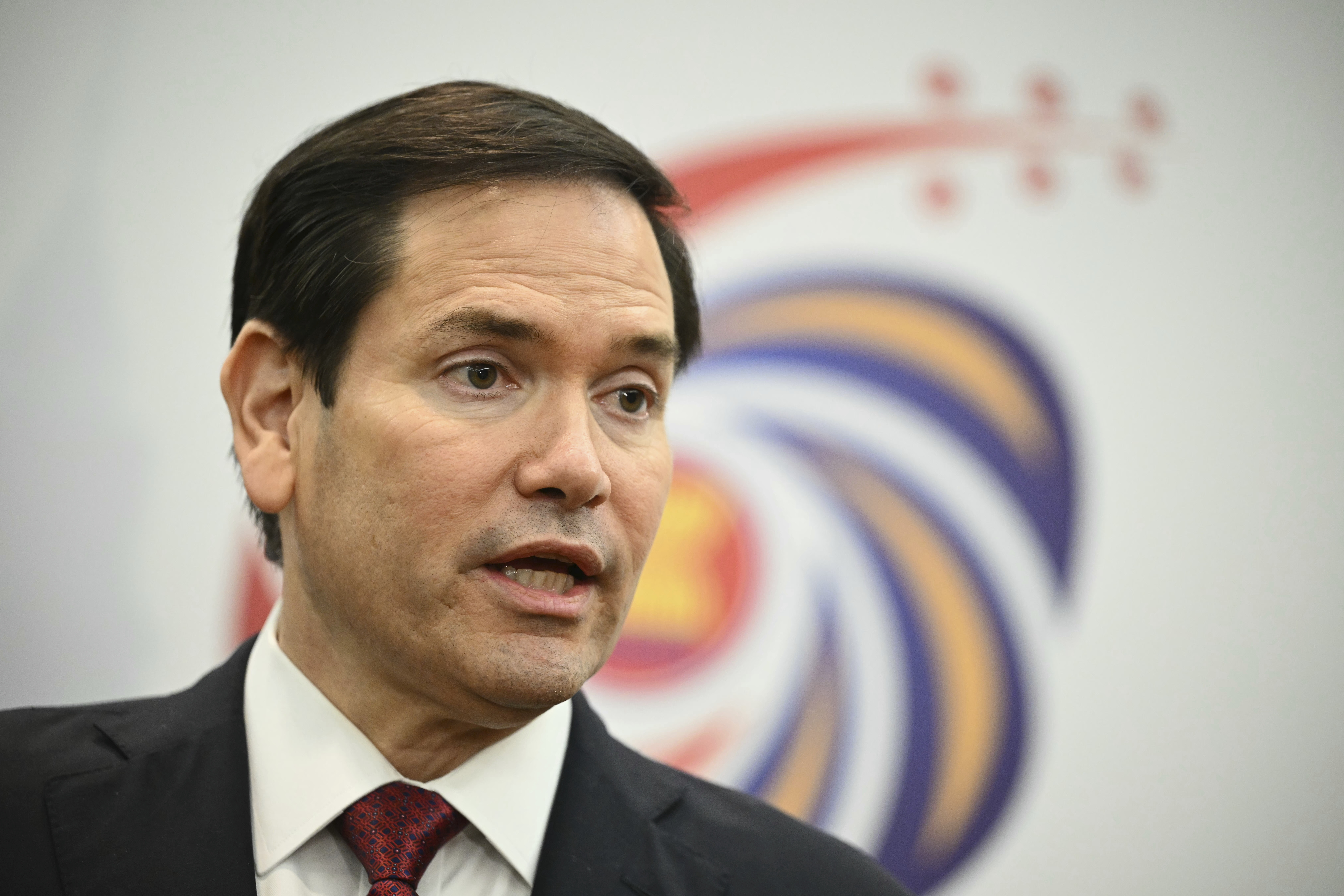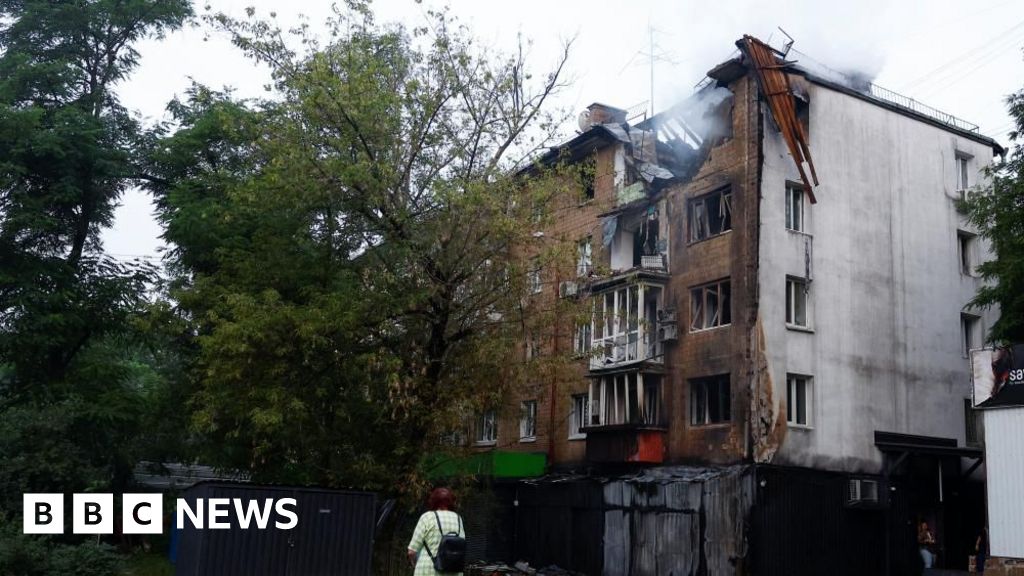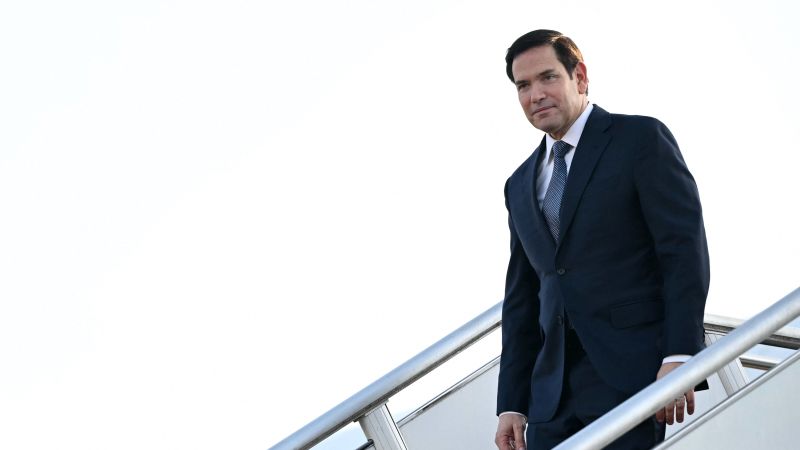North Korean Leader Kim Jong Un Supports Russia's War in Ukraine

North Korean Leader Kim Jong Un Supports Russia's War in Ukraine
During recent talks with Russia's foreign minister, Kim Jong Un reaffirmed his support for Russia's involvement in the ongoing conflict in Ukraine. This statement comes as no surprise, as the two countries have maintained a strong alliance for decades. North Korea has long been a vocal supporter of Russia's foreign policies, and has even provided military aid in the past. However, this public display of support for Russia's actions in Ukraine may further escalate tensions between North Korea and the West, as many countries have condemned Russia's involvement in the conflict.
History of North Korea and Russia's Alliance
The alliance between North Korea and Russia dates back to the Cold War era, when both countries shared a communist ideology. Over the years, the two nations have continued to maintain strong diplomatic ties, with Russia being one of the few countries that has maintained relations with North Korea
About the People Mentioned
Kim Jong Un
Kim Jong Un is the Supreme Leader of North Korea, having assumed power in December 2011 after the death of his father, Kim Jong Il. Born on January 8, 1983 or 1984, he is the third son of Kim Jong Il and Ko Yong-hui. Kim Jong Un was educated partly in Switzerland before returning to North Korea and being groomed for leadership, officially introduced to the public in 2010 as the designated successor[1][2][3][6]. Upon succession, Kim Jong Un inherited control over the world's fourth-largest military and a nuclear arsenal. Early in his rule, he consolidated power by purging rivals and reinforcing his authority within the Korean Workers’ Party and the military. By 2012, he held several key titles including first secretary of the Workers' Party, chairman of the Central Military Commission, and chairman of the National Defense Commission. In 2016, constitutional changes established the State Affairs Commission, headed by Kim, as the most powerful governing body in North Korea[3]. His leadership is marked by a policy known as *byungjin*, emphasizing simultaneous development of the economy and nuclear weapons. Under Kim, North Korea has conducted multiple nuclear and missile tests, escalating tensions internationally. However, he has also engaged in historic diplomacy, including summits with South Korean President Moon Jae-in and U.S. President Donald Trump in 2018, though relations remain strained[2][3]. Kim Jong Un maintains a highly secretive and authoritarian regime characterized by strict control over society and the suppression of dissent. Reports note his ruthless consolidation of power, including the alleged assassination of his half-brother Kim Jong Nam in 2017. His regime sustains a strong cult of personality similar to those of his predecessors[1][2][5]. Recently, Kim has participated in international diplomacy, including a visit to Russia amid ongoing global tensions. Despite these efforts, North Korea remains isolated, with ongoing sanctions and international scrutiny focused on its nuclear ambitions and human rights record[2].
About the Organizations Mentioned
Russia
Russia, officially known as the Russian Federation, is not an organization but a sovereign state and the largest country in the world by land area, spanning Eastern Europe and northern Asia. With a population of nearly 144 million as of 2025, Russia ranks ninth globally by population and is characterized by significant ethnic diversity, with over 80% identifying as ethnic Russians and numerous minority groups contributing to its cultural tapestry[4]. The capital, Moscow, is a major global city and the country’s political, economic, and technological hub. ## Historical Overview Russia’s history is marked by its transformation from the Tsarist Empire to the Soviet Union and, after its dissolution in 1991, to the present-day Russian Federation. The post-Soviet era saw Russia’s integration into the global economy, though it retained a centralized political system with power concentrated in the presidency[7]. The country’s economy, historically resource-based, relies heavily on oil, gas, and minerals, but has also developed significant industrial, technological, and military sectors. ## Economic Profile and Key Achievements Russia’s economy is the world’s twelfth-largest consumer market, with about 70% of GDP driven by domestic consumption[1]. It has a “very high” Human Development Index ranking and boasts the fifth-highest number of billionaires globally, though income inequality and regional disparities remain pronounced[1]. Major achievements include surviving extensive Western sanctions after the 2022 invasion of Ukraine, maintaining economic stability through increased military spending, and pivoting energy exports to Asia[1][5]. The country has also played a leading role in the BRICS bloc, advocating for reforms in the international financial system and promoting technological innovation among developing economies[6]. ## Current Status and Challenges As of late 2025, Russia’s economy is experiencing a pronounced slowdown, with GDP growth cooling to around 1% after robust expansion in 2023–2024[2][3]. High military expenditure (
North Korea
**North Korea: A Complex State Entity** North Korea, officially known as the Democratic People's Republic of Korea (DPRK), is a centralized state with a unique political and economic structure. The organization of the DPRK is primarily governed by its government, which is led by the Supreme Leader, currently Kim Jong-un. The government is structured around the **Cabinet**, the **Supreme People's Assembly**, and the **State Affairs Commission**—the highest decision-making body in the country[2][5]. ### History and Structure - **Founding and Early Years**: North Korea was established in 1948 after the division of the Korean Peninsula. The first constitution was promulgated in 1948, with significant revisions in 1972, 1992, 1998, 2009, and 2016[5]. - **Cabinet and Governance**: The Cabinet is the supreme administrative organ, responsible for economic planning and budget management. It was re-established in 1998 to focus on economic affairs[2]. ### Key Achievements and Current Status - **Economic Developments**: Despite international sanctions, North Korea has seen the emergence of a growing middle class with substantial purchasing power, indicating a more resilient domestic economy[4]. - **Military and Geopolitics**: North Korea has developed significant nuclear and conventional military capabilities, which it uses to assert its influence in regional geopolitics[7]. - **International Relations**: The country maintains close ties with China and Russia, which provide economic and diplomatic support, complicating international efforts to address its nuclear program[8]. ### Notable Aspects - **Technological Advancements**: Despite its isolation, North Korea has made notable advancements in missile technology and cyber warfare capabilities. - **Human Rights Concerns**: The country faces severe criticism for its human rights record, with restrictions on freedom of expression and movement[3]. In summary, North Korea is a complex entity with a unique governance structure, significant military capabilities














